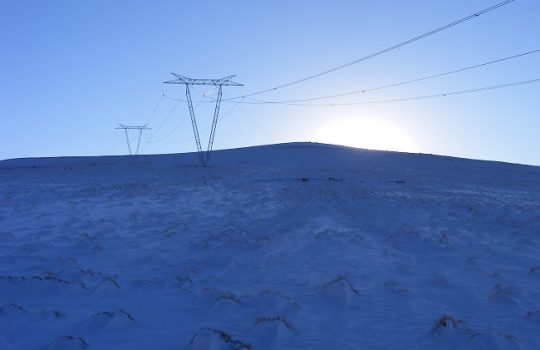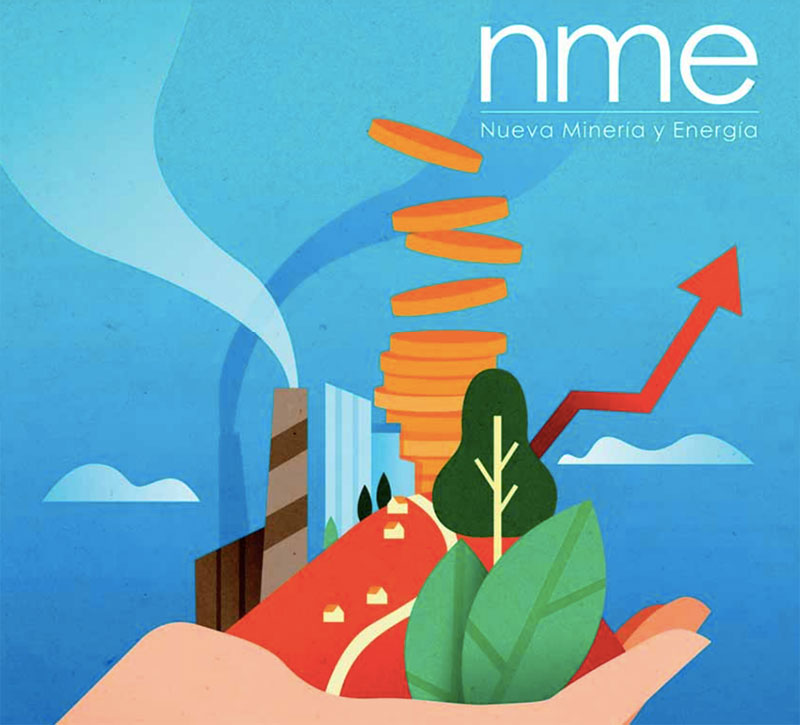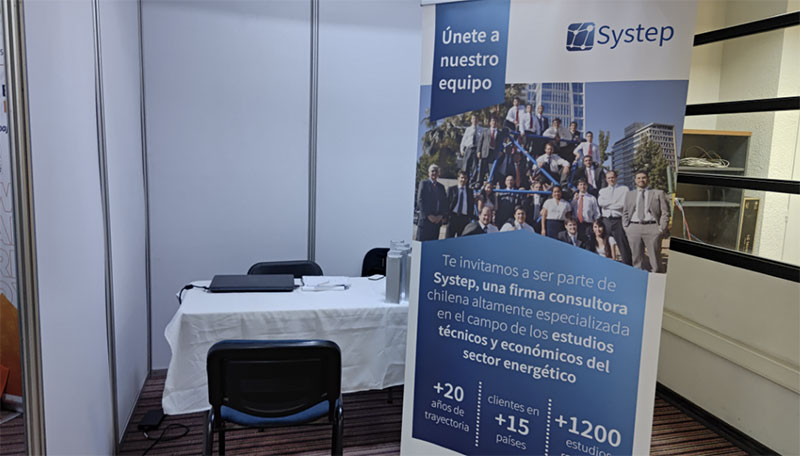
The monthly report of the consulting firm pointed out that the fuel importing condition of our country, compared to neighboring countries, would affect the generation dispatch by these power plants, in the event of operating an international electrical interconnection.
Systep foresees lower competitiveness of thermoelectric plants in the face of regional interconnection
Chile’s thermoelectric power plants would be less competitive compared to the regional interconnection with neighboring countries, which would result in a lower level of electricity generation, according to the analysis of the monthly report of the consulting firm Systep.
According to the analysis, “given that Argentina and Peru have their own fossil fuels, the thermal power plants located in Chile, using imported fuels, would be less competitive in the generation dispatch, so a reduction in their generation levels can be foreseen”.
Another element to be considered in regional interconnections is “to prevent and resolve situations of price imbalances, with price increases in one country and decreases in another, which may be unacceptable for the country that will suffer the increases”.
“Nor should one lose sight of the changes in the future regarding demand variability with generation at the residential level and the introduction of electric propulsion in transportation,” the Systep document added.
According to the report, an effectively integrated regional electricity system must take into account a State policy that “fosters trust, transparency, social commitment and regulatory harmonization”, which is why it mentions the relevance of the results of the technical studies of the Inter-American Development Bank (IDB) on connection alternatives, which will also include the proposal of a regulatory model for the electricity interconnection between Chile and Peru Systep.
Challenges
The main challenge faced with international electricity interconnections, according to Systep’s analysis, “lies in an effective integration of markets that allows the commercialization of electricity between countries”.
“In a first phase, an interconnection of energy surpluses between neighboring countries could be defined, moving from export permits to opportunity contracts. At a later stage, the figure of a short-term market coordinator could be proposed, formed by system operators from each country involved, who would optimize the surpluses to cover internal demands”, the report indicated.
First power interconnection line between Chile and Peru to be operational by 2019





